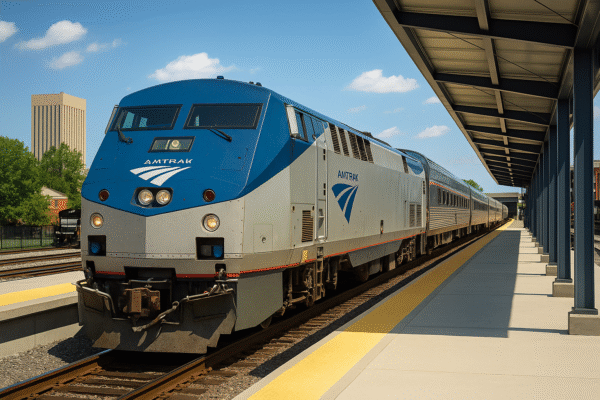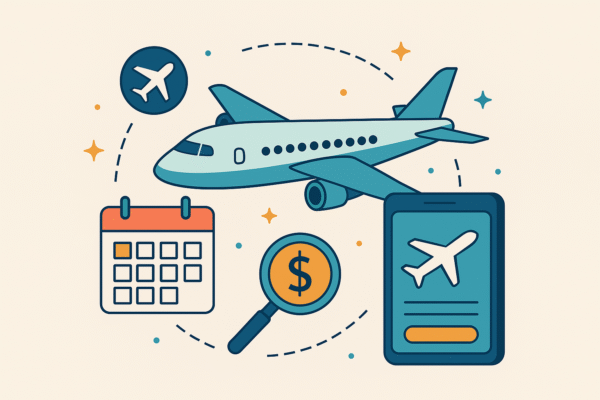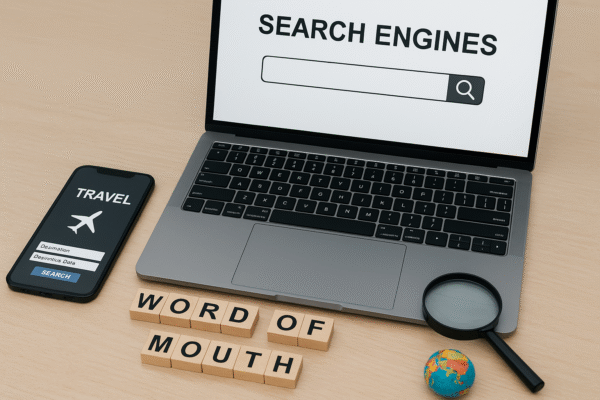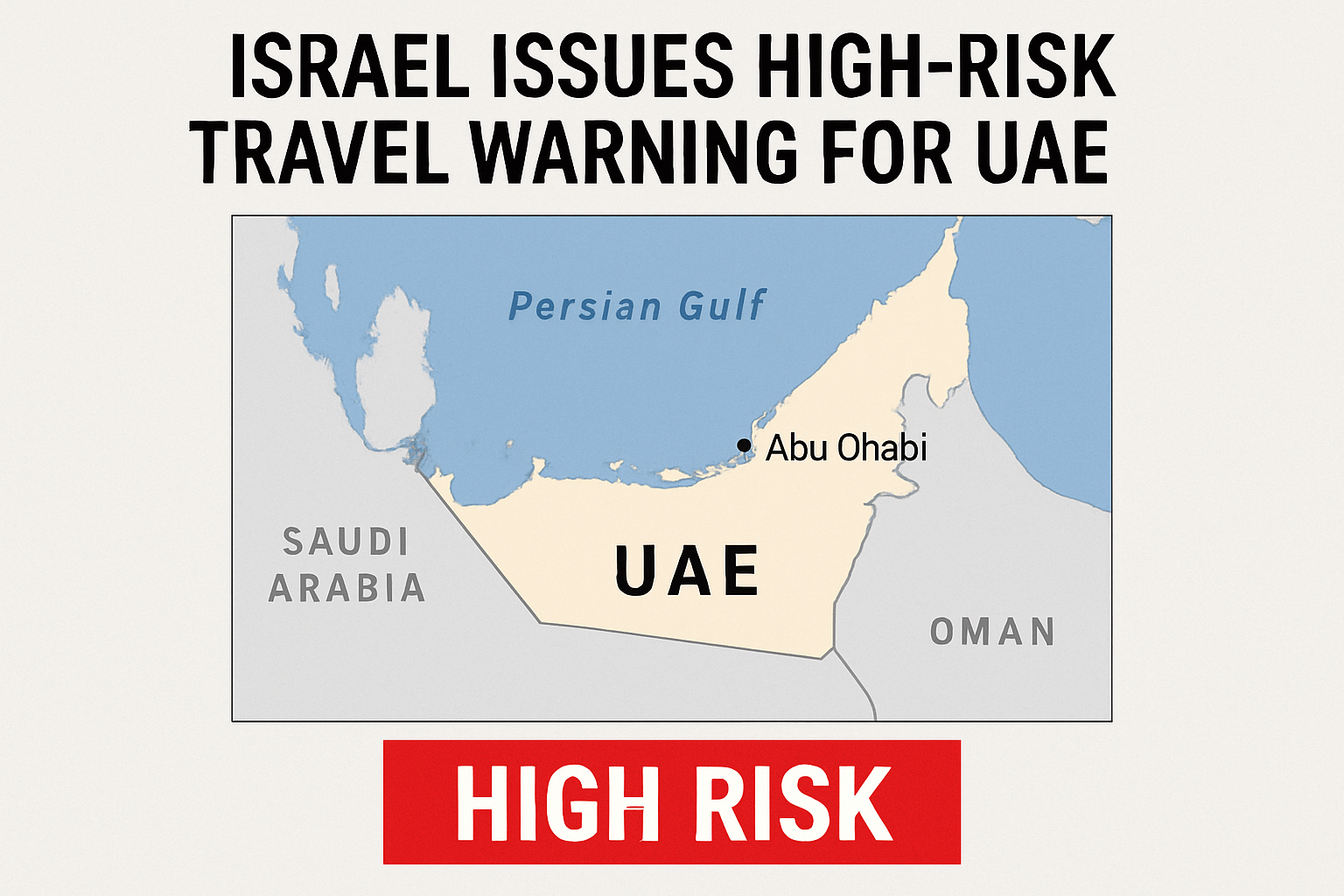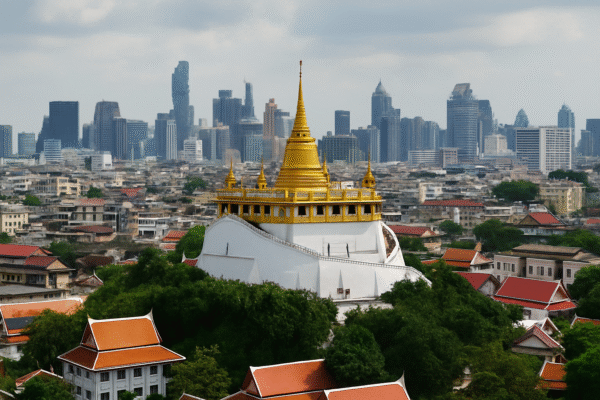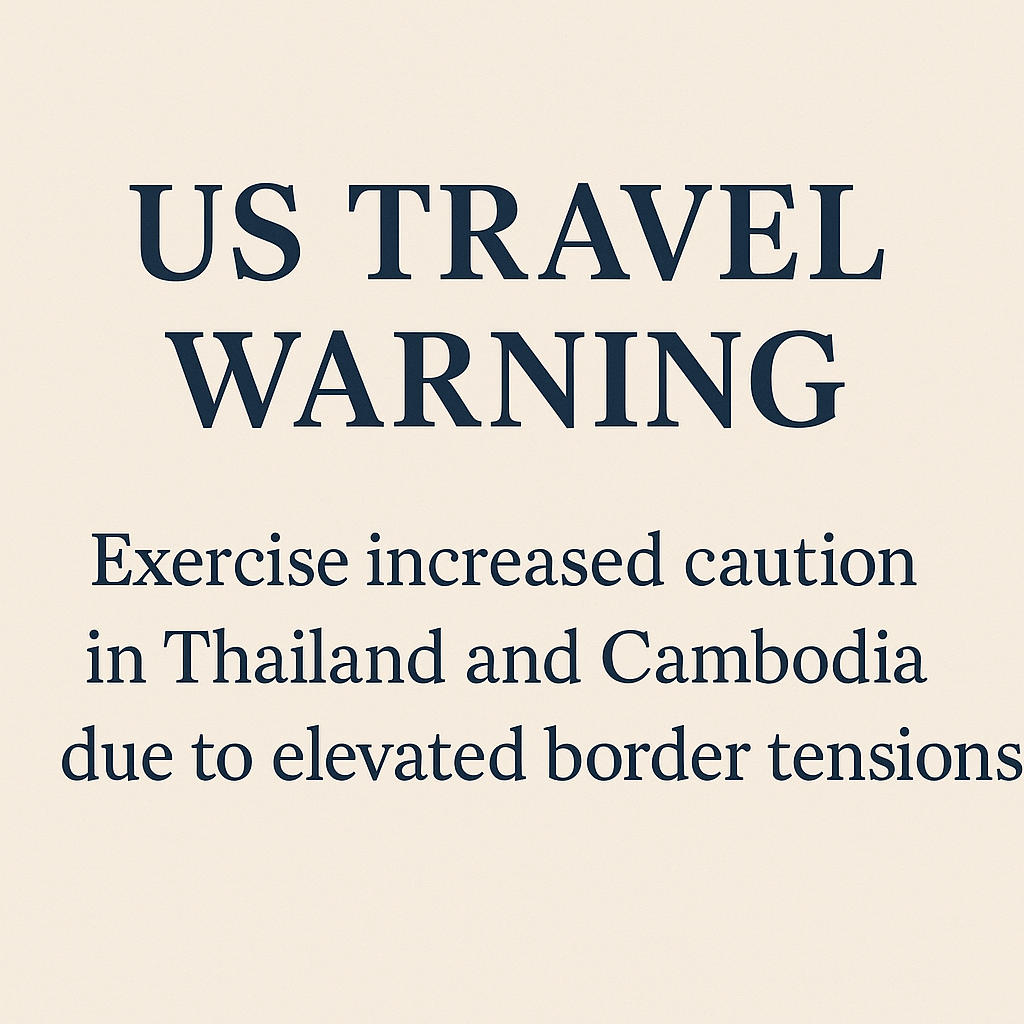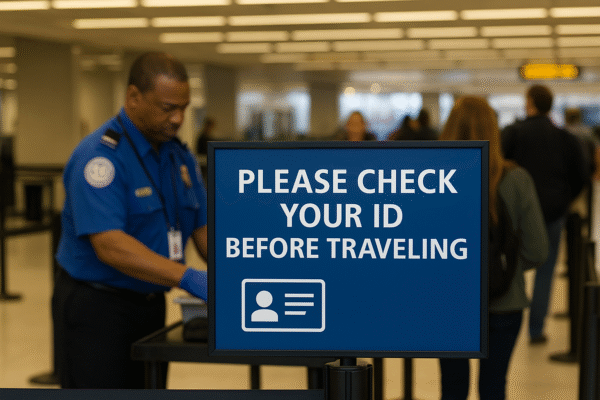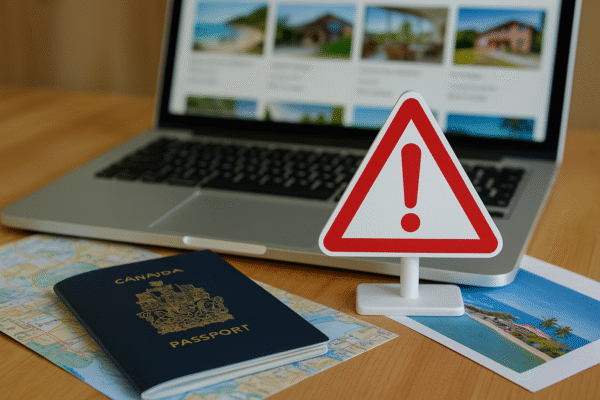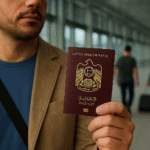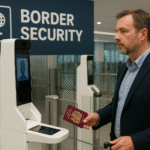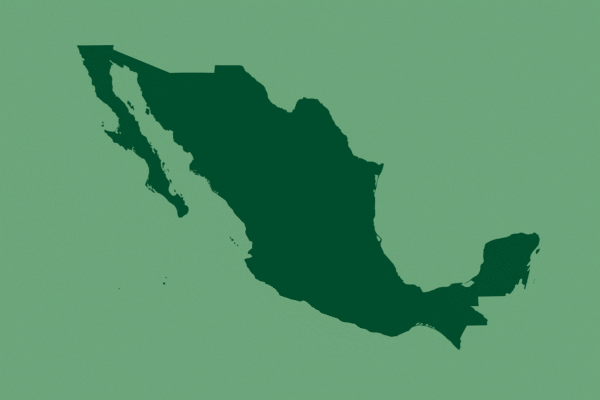As British Columbia (B.C.) welcomes a surge of domestic and international travelers for the B.C. Day long weekend, authorities and watchdog organizations are issuing urgent warnings over a spike in travel-related scams. From fake accommodation listings to phishing websites offering fraudulent ferry bookings, scammers are exploiting the province’s tourism resurgence—and putting both visitors and local businesses at risk.
According to the Better Business Bureau (BBB) of Mainland British Columbia, travel-related scams now rank seventh on its 2024 list of top 10 riskiest scams, up from eighth place in 2023. The timing is critical, with thousands expected to travel across popular destinations like Vancouver, Whistler, Victoria, Kelowna, and the Gulf Islands over the long weekend.
A Growing Threat Amid Tourism Recovery
Tourism in B.C. has seen a significant rebound post-pandemic. Data from Destination British Columbia indicates that more than 22 million overnight visitors came to the province in 2023, with international arrivals reaching 90% of pre-COVID levels. But the rise in digital booking behavior has made it easier for scammers to exploit unsuspecting travelers.
Fraudsters have created convincing websites advertising fake cabin rentals, campsites, and ferry rides—particularly on the BC Ferries routes between Vancouver and Vancouver Island. Some victims report losing hundreds of dollars after paying deposits for properties that do not exist or discovering last-minute cancellations that leave them stranded.
Common Scam Tactics Targeting Tourists
Scammers use a variety of techniques to lure travelers:
- Fake rental listings on classified websites and social media.
- Spoofed booking websites mimicking legitimate platforms like Airbnb or Expedia.
- Phishing emails and text messages impersonating popular travel brands.
- Deceptive third-party ferry booking sites that charge inflated prices or never issue tickets.
“The sophistication of these scams is alarming,” says Neesha Hothi, spokesperson for the BBB Mainland B.C. “They’re leveraging our increased dependence on digital booking platforms, especially during high-demand periods like B.C. Day.”
Tips for Travelers: How to Stay Protected
The BBB and cybersecurity experts advise tourists to take the following steps to avoid falling victim to scams:
- Use verified platforms: Book only through well-known travel websites or direct with licensed operators. Cross-check listings with official tourism websites.
- Check for HTTPS encryption: Only enter payment details on secure websites. Look for “https://” and a padlock icon in the address bar.
- Scrutinize website quality: Poor grammar, strange formatting, and blurry logos are common red flags for fraudulent sites.
- Double-check reviews: Don’t rely solely on reviews hosted on the booking page. Look for third-party sources such as Google Reviews, TripAdvisor, and Booking.com.
- Avoid wire transfers or prepaid gift cards: Always use traceable and protected payment methods like credit cards or reputable digital wallets.
- Call to confirm: Contact property owners or tourism operators directly before making a booking.
Economic Impact on British Columbia’s Tourism Industry
Tourism is a $22 billion industry in British Columbia, supporting over 150,000 jobs and thousands of small businesses. The rise in scams not only harms individual travelers but also damages the province’s global reputation as a safe and reliable destination.
“In addition to financial losses, these scams erode trust,” says Richard Porges, CEO of Destination BC. “A single bad experience can deter a traveler from returning or recommending the destination to others.”
Hotels, bed-and-breakfasts, tour companies, and adventure operators in rural and coastal communities—already challenged by staffing shortages and inflation—are especially vulnerable to the fallout from these scams.
Government and Industry Response
The provincial government is now working with tourism boards, tech companies, and law enforcement to combat the rise in fraudulent online activity.
B.C.’s Ministry of Tourism, Arts, Culture and Sport has launched a public awareness campaign in partnership with the BC RCMP and Consumer Protection BC, aimed at educating travelers about safe booking practices.
Meanwhile, the BBB is collaborating with platforms like Facebook Marketplace and Craigslist to report and remove scam listings. It is also encouraging tourism operators to report impersonation or fake profiles and adopt verified vendor badges.
Cybersecurity firms are also urging the tourism sector to strengthen their digital infrastructure, including two-factor authentication and secure payment gateways.
A Digital Future with Caution
As digital transformation continues to reshape the travel experience—from contactless check-ins to AI-powered itinerary apps—security must remain a top priority.
“We can’t reverse the shift to online travel,” says Hothi. “But we can empower consumers with the tools and awareness to book confidently.”
Tourists planning trips to British Columbia—especially during busy periods like the August long weekend—should be vigilant and prioritize safety in their travel decisions.
Conclusion: Protecting the Heart of B.C. Tourism
British Columbia’s natural beauty, rich Indigenous heritage, and world-renowned hospitality continue to attract millions each year. But with rising online scams, the trust that sustains this vital sector is under threat.
By adopting smarter digital habits, supporting verified local businesses, and staying informed through platforms like the BBB Scam Tracker and HelloBC, both travelers and the industry can work together to protect B.C.’s tourism economy.
As visitors prepare to celebrate the province during the B.C. Day long weekend, safety and transparency must remain at the forefront—ensuring that British Columbia remains not just a breathtaking destination, but a secure and welcoming one.
For more travel news like this, keep reading Global Travel Wire

